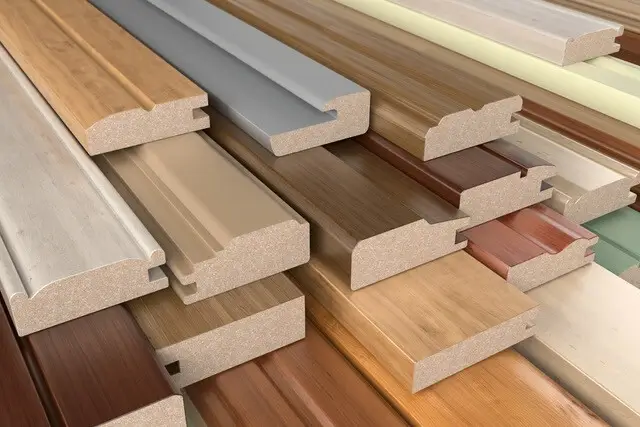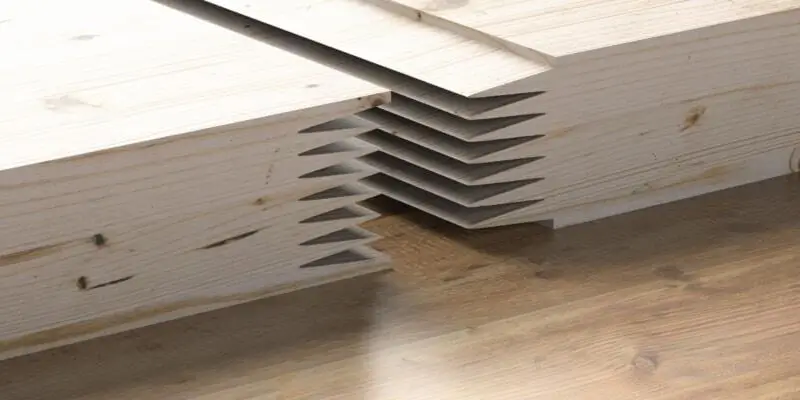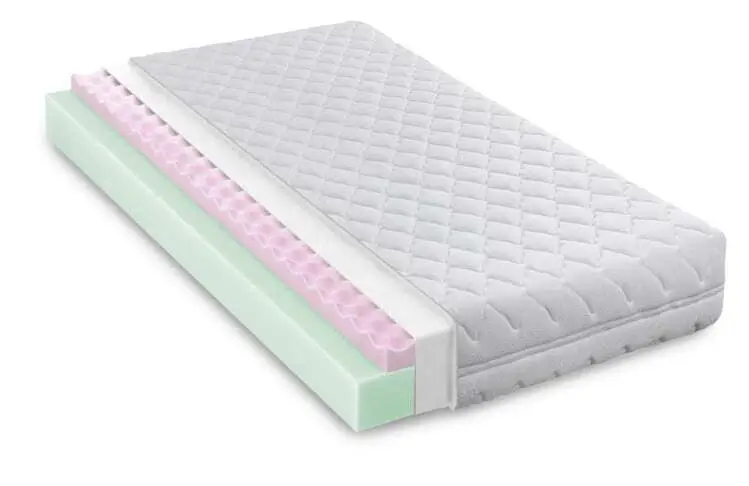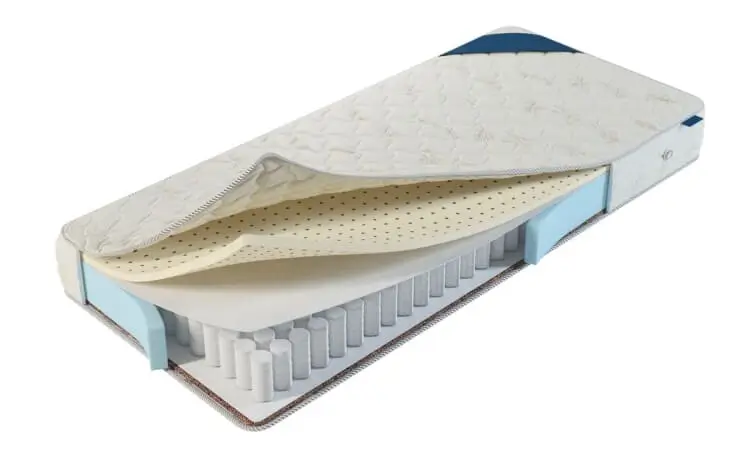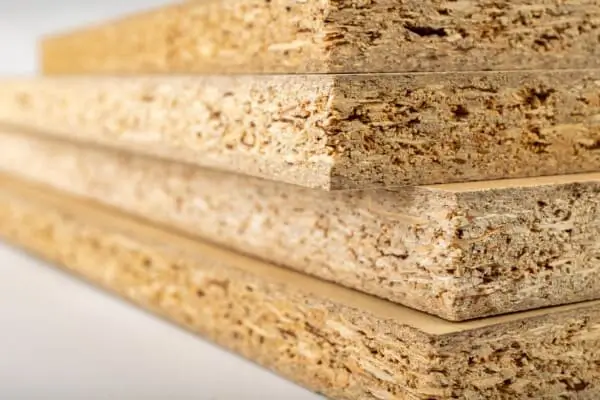Elastic adhesives to glue PVC, parquet and other floors
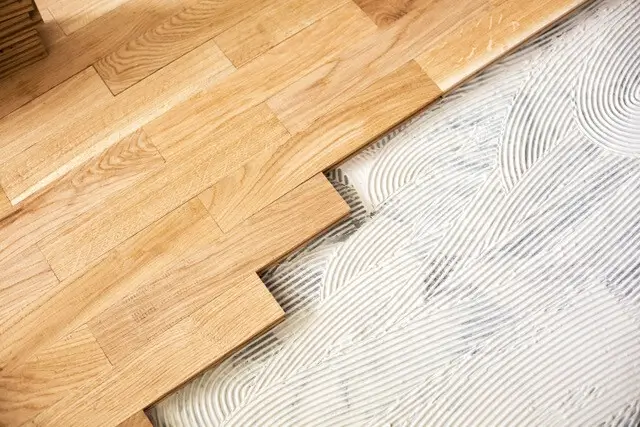
Elastic adhesives to glue for PVC, parquet and other floors
The range of adhesives for PVC, parquet, and other flooring options is wide and diverse. And, most industries don’t have limitless time or finances to try out every option on the market. However, recent developments in silane-modified polymers have led to new, much more versatile glueing solutions. Some of these high-quality adhesives for pre-finished materials go further, as they help establish more environmentally-friendly, low-emission qualities. Read on in order to better understand the choices available in the world of elastic adhesives.
A simpler, cleaner, stronger, more dependable adhesive for installation of wooden parquet
Choices for adhesives for flooring materials such as PVC and parquet isn’t something developers, manufacturers, and contractors should have to think twice about. After materials are chosen, laid down and glued together, a construction project should remain stable and safe. It should be obvious that flooring should not buckle or twist over time, and certainly, it should not come loose. Moreover, there should be no sense of human or environmental risk from the materials used. Those risks increase as more variables enter the mix, however. Solvents, silicones, and isocyanates all can be inhaled, may have risks related to some diseases such as silicosis, lung cancer, kidney disease, COPD, asthma, gastrointestinal and respiratory tract irritation, and other carcinogentic concerns. Simply put, the materials used in flooring should not be a health risk. At the same time, a good adhesive for PVC and parquet flooring should remain elastic and strong long after curing, or the life of the adhesive will be unacceptably short.
Characteristics and qualities
Silane-based modified polymers manage such a balancing act. Ideal for PVC and wooden parquet installation, a single-component elastic adhesive can employ new technology to establish a high modulus of elasticity in the long term, while also establishing an extremely low VOC emission and being free of isocyanates and silicones. Such polymers that are free of solvents, certified by the French technological institute FCBA (L’Institut Technologique FCBA), can be at A+ glue emission class and exhibit top-level chemical resistance and adhesion.
Old product…new twist?
Whether it is a real estate, public works, or other project, and whether it is a matter of replacing parquet, rubber pavement, PVC, or some other type of pre-finished material, the aim remains to effectively glue materials together for long-lasting durability.
Silane-based modified polymers cover all that and more, not only for PVC and parquet but also for lamparquet, planks, and solid wood. Moreover, as more modern radiant floors increase in popularity, demand for suitable adhesives for heated floor also increases. With their combination of durability and elasticity, a shelf life of 12 months, and a level of safety that merits not even needing a risk label, silane-based polymers are ideal for such a floor. The work involved remains the same: take an industrial serrated spatula and apply the adhesive. And, just as with any adhesive, surfaces must be clean of dust, greases, oils, pollutants, oxides, and other contaminants that would lessen the adhesive quality. However, while the same can be said about, for example, polyurethane or water dispersion adhesives, only silane-based polymers achieve every aim described in this article. Only isocyanate- and silicon-free, silane-based polymers reach glue emission class A+, are free of solvents, achieve extraordinarily low VOC emissions, are a one-component MS elastic adhesive, and are suitable for parquet installation according to the EU’s EN 13489 standard for multi-layer parquet.
What to choose?
Of course, specialist flooring distributors can have all the knowledge in the world about the characteristics of the ideal adhesive, but it won’t make a difference unless a developer or manufacturer knows which real-world industry market product is the best fit. Fortunately, some of the more advanced adhesive products available in today’s market offer a combination of being environmentally friendly, easy to apply, and long-lasting. They manage to keep a very low VOC emission. And, the very best can handle just about anything, including the growing market for radiant flooring. Ideally, the product a contractor chooses is supported by a competent, experienced, easy-to-contact sales team willing to communicate online or in person, as needed. Some adhesive-oriented businesses even offer laboratory testing for different bonding materials. All the more reason to search for the best fit-not just the first fit.
Contact us to get expert help and the best solution for your industry’s needs.
What solution are you looking for?
We are specialized in the furniture and home. Need the best products or advice? Then please leave your details and we will get in touch.

